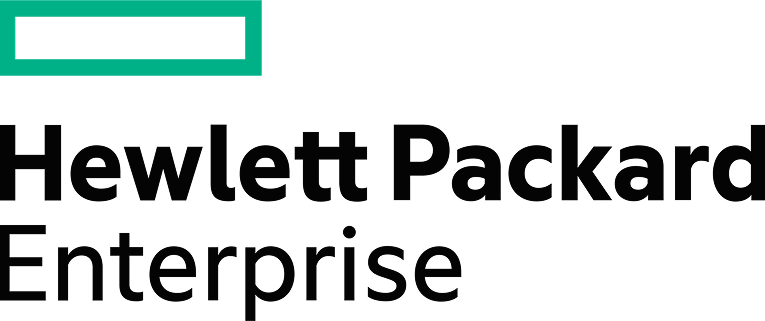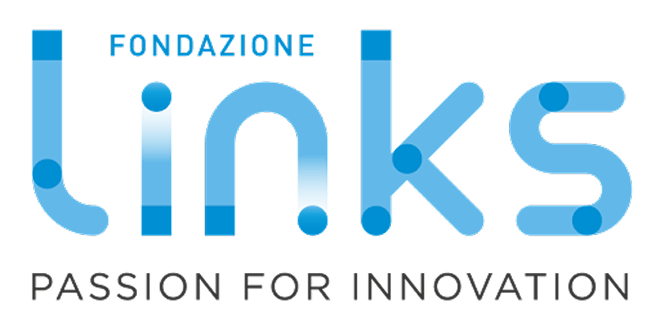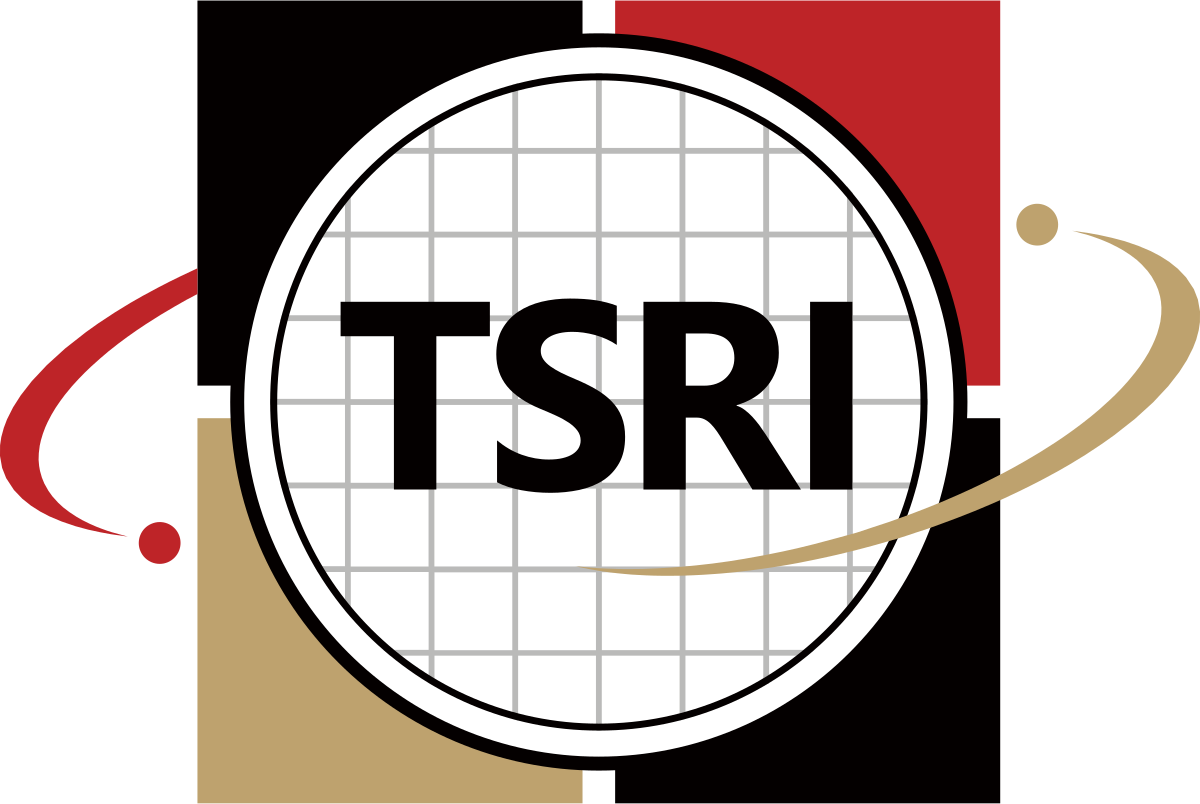IQM Spark: Our affordable on-premise quantum computer with 5 qubits for universities and research centers to use for teaching and educating scientists.
Trusted by industry leaders











We are excited to take quantum exploration to the next level with an IQM Spark that was delivered on a fast 4-month timeline as a result of mutually well coordinated effort from purchase award, shipment to full-stack installation."

Professor Kiwoong Kim
Director, CBQRC
Why IQM Spark?
Making quantum accessible for all
IQM Spark is an affordable quantum computer, ideal for education and research. It supports diverse experiments, algorithm development, and hybrid workflows by integrating quantum and classical computing.
1.
Access to top-class technology
High quality QPUs with 99.9% fidelity 2-gate fidelity, tunable couplers, and a stack of software to get the most out of your computer.
2.
Transparent build
Get hands-on with your computer and control every step of your work with pulse-level access.
3.
Quick delivery
Efficient IQM-owned production facilities and clean room to build and deliver full-stack computers at record-breaking speed.
See the potential of IQM Spark for yourself
Technical specifications
5 qubits, 4 couplers technology, providing a robust foundation for quantum computations
Median single-qubit gate fidelity
Minimum: ≥ 99.7%
Typical: ≥ 99.9%
Median two-qubit gate (CZ) fidelity
Minimum: ≥ 98.0%
Typical: ≥ 99.0%
Single-qubit gate duration
Minimum: ≤ 40 ns
Typical: ≤ 20 ns
Two-qubit gate (CZ) duration
Minimum: ≤ 100 ns
Typical: ≤ 60 ns
Median readout fidelity
Qubits in a GHZ state with a fidelity > 0.5
Minimum: 5
Typical: 5
Quantum volume
Minimum: ≥ 8
Typical: ≥ 16
Q-score
Minimum: 5
Typical: 5
CLOPS_v
Dimensions
Floor footprint
125 x 315 cm
Minimum ceiling height
290 cm
Minimum load bearing capicity
800 kg/m2
Power Consumption
Typical mean total electrical power consumption
11 kW
See how IQM Spark works for teaching quantum concepts and deepening the understanding of quantum theory and computing
FAQs
What can a user do with a 5-qubit on-premises quantum computer?
An on-premises quantum computer allows users to have physical access to the hardware and all layers of the quantum computing stack. They will learn how calibration affects the measurement outcomes, benchmarking the gate operations, and characterising decoherence, which is one of the main obstacles against a scalable quantum computer. They can attach peripheral devices, such as oscilloscopes, to monitor the pulse wave forms and learn how pulses implement quantum gates and produce the desired quantum state. Students can investigate the physical behavior of the transmon qubit and explore its multi-level nature for quantum information storage and rapid quantum control, without the limits imposed by a high-abstraction-level cloud access.
It is also possible to execute many simple quantum algorithms with IQM SparkTM. For more information on various use cases, see our recent scientific paper on Arxiv.
For education and research purposes, what is the advantage in learning how to use a real quantum device instead of a simulator?
An on-premises quantum computer is crucial to get practical experience with a current stage of technology development, called NISQ (Noisy Intermediate Scale Quantum) computers. Before a full-fledged quantum computer with built-in error correction becomes available, students and researchers must master various techniques to work with a real-life quantum system. For students, this includes gaining practical skills by performing direct manipulation of the qubits by microwave pulses and investigating the basic properties of a quantum system in hardware experiments. During hands-on laboratory sessions, students get a full overview of how all components of a quantum computer are operating today.
To enhance the learning experience on quantum algorithms in the NISQ era, we recommend comparing the on-premises results to theoretical simulations or cloud experiments. Students can then enhance their understanding of noise models and various error sources of quantum gates.
Can this product be modified?
The product allows users to add their own software and hardware modules for experimentation purposes. This opens vast opportunities to study quantum components and use the machine as a testbed system in electronics and cryogenics industries.
With increased qubit numbers, a user receives an ability to do more thorough investigation on algorithms. There is the potential to go to a much higher Quantum Volume and to perform algorithm benchmarking, especially for quantum machine learning and optimization. For more details, please contact our sales team.
Why should I choose superconducting quantum bits?
Among many physical platforms, superconducting quantum hardware is well-suited for scaling the number of qubits and improving their fidelity while maintaining connectivity and thus becomes a preferred technology in the NISQ (Noisy Intermediate Scale Quantum) era with roadmaps towards fault tolerance. This is an easy and cost-effective way to establish a quantum program based on the existing expertise in microwave electronics.
As superconducting quantum hardware remains the leading platform for large industry vendors, this becomes a must-have experience for future quantum talents. The investment in quantum computing startups was $2.3 billion in 2022 (Quantum Technology Monitor, McKinsey 2023), another study indicates that this number is expected to grow at a compound annual growth rate of 11.5% from 2023 through 2027, reaching approximately $16.4 billion by the end of 2027 (IDC’s Worldwide Quantum Computing Forecast: 2023-2027, 2023). A majority share of this investment is likely to be in superconducting quantum hardware.
What are the site requirements for installation?
A room with at least 130×500 cm2 reserved for the system with a ceiling height of at least 290 cm. A stable floor with low vibrations, electromagnetic radiation, or any other external force that might interfere with the operation of the quantum computer. Cooling water with a heat removal capacity of at least 15 kW.
IQM will provide detailed site specifications and support to the customer to understand and implement the necessary changes to the site infrastructure. Once the installation is completed, one of our onsite engineers will commission the system, provide basic operational training, and conduct acceptance testing.
What kind of expertise is required in-house?
Students and scientists at all levels can perform scientific research using IQM Spark: Master, PhD, and Postdoc. To fully utilize the potential of the on-premises quantum computer, we recommend the following expertise be available in-house:
- knowledge on microwave electronics, cryogenics and basic vacuum technology;
- knowledge on running quantum algorithms and operating the software stack built in Python;
IQM will also provide educational materials and training for the users to learn the basics of operation and regular maintenance of a quantum computer.
Third edition
State of
Quantum
Explore the latest trends, forecasts, and expert insights shaping the future of quantum computing.

